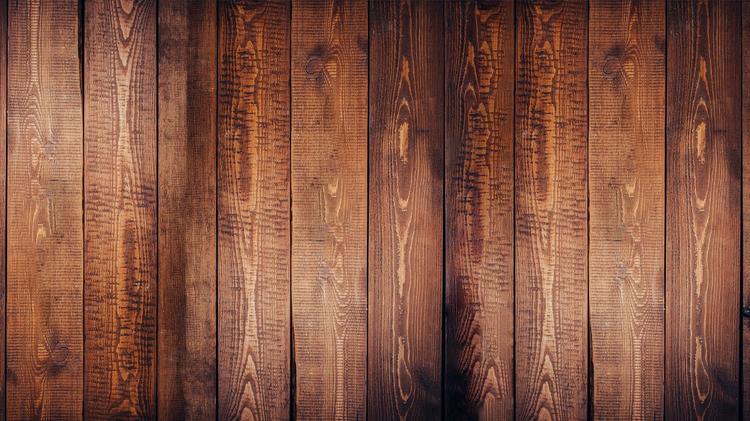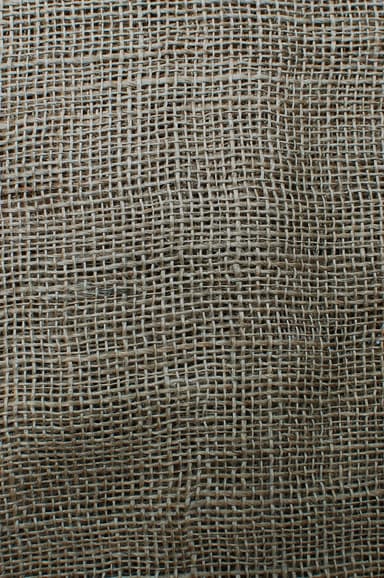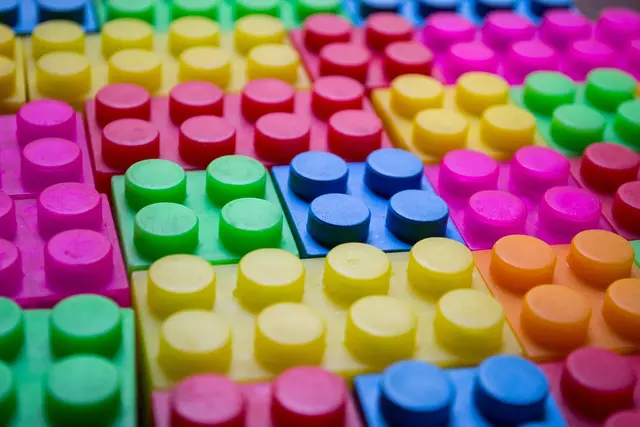Where materials come from
I can explain where different materials come from and how some materials are less harmful to planet Earth.
Where materials come from
I can explain where different materials come from and how some materials are less harmful to planet Earth.
Link copied to clipboard
These resources will be removed by end of Summer Term 2025.
Switch to our new teaching resources now - designed by teachers and leading subject experts, and tested in classrooms.
These resources were created for remote use during the pandemic and are not designed for classroom teaching.
Lesson details
Key learning points
- Humans live on a planet called Earth.
- Different materials come from different places.
- Some materials may cause harm to the planet when they are made, or if they are not recycled.
- Some materials can be found naturally or they are grown, and these can cause less harm to planet Earth.
- Scientists design and invent new materials that cause little or no harm to Earth.
Keywords
Earth - Earth is the planet on which we live.
Material - A material is what an object is made from. An object can be made from more than one material.
Damage - When something is spoiled or harmed, it is damaged. If you damage something, it will not work well and may be broken.
Natural - A natural object or material has not been interfered with in any way by people.
Common misconception
Children can become confused with what some materials are called when they look at where these materials come from, e.g. paper that makes books is processed after originally coming from trees.
Ensure a clear distinction between the natural materials that are used to make our man-made materials, e.g. a bookshelf is made from wood and a magazine is made from paper.
To help you plan your year 2 science lesson on: Where materials come from, download all teaching resources for free and adapt to suit your pupils' needs...
To help you plan your year 2 science lesson on: Where materials come from, download all teaching resources for free and adapt to suit your pupils' needs.
The starter quiz will activate and check your pupils' prior knowledge, with versions available both with and without answers in PDF format.
We use learning cycles to break down learning into key concepts or ideas linked to the learning outcome. Each learning cycle features explanations with checks for understanding and practice tasks with feedback. All of this is found in our slide decks, ready for you to download and edit. The practice tasks are also available as printable worksheets and some lessons have additional materials with extra material you might need for teaching the lesson.
The assessment exit quiz will test your pupils' understanding of the key learning points.
Our video is a tool for planning, showing how other teachers might teach the lesson, offering helpful tips, modelled explanations and inspiration for your own delivery in the classroom. Plus, you can set it as homework or revision for pupils and keep their learning on track by sharing an online pupil version of this lesson.
Explore more key stage 1 science lessons from the Uses of everyday materials unit, dive into the full secondary science curriculum, or learn more about lesson planning.

Equipment
Paper, colouring pencils or pens.
Content guidance
- Exploration of objects
Supervision
Adult supervision recommended
Licence
Starter quiz
6 Questions










Exit quiz
6 Questions








